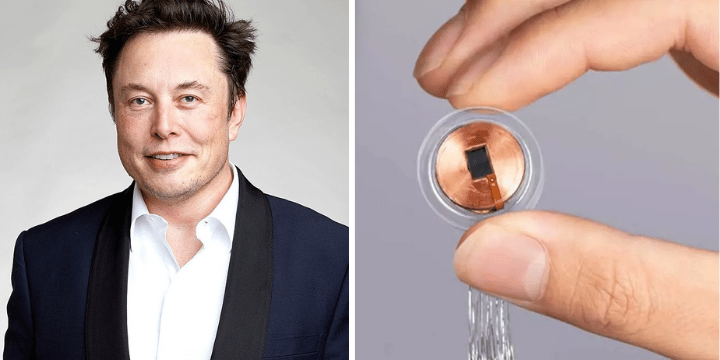Earlier this year, it was announced that Elon Musk and his Neuralink brain chip implant company had received FDA approval to do its first human trials. The approval came after several previous attempts were turned down, but Neuralink managed to convince the regulatory agency that it totally knows what it’s doing when it comes to putting technology into people’s skulls to do God knows what with the information. So, now that the Neuralink human trial is a go, Musk is looking for humans interested in trialing it. Tempted?
- Neuralink has been tested on monkeys and pigs previously. It’s unclear what the company learned from those trials (or what it was trying to learn), nor is it clear how those animals fared from the experience. However, what they really want to know is how human brains will take to the technology.
- The company just got approval to start recruitment. After the FDA greenlight, “the reviewing independent institutional review board and its first hospital site” has given Neuralink the go-ahead to start finding people who are nuts enough to want to try this.
- Applications are now open, if you’re interested. In a post to X, formerly Twitter, on Tuesday, September 19, the Neuralink account revealed that applications are being accepted for those who want to be part of the human trial. “We’re excited to announce that recruitment is open for our first-in-human clinical trial!” it wrote. “If you have quadriplegia due to cervical spinal cord injury or amyotrophic lateral sclerosis (ALS), you may qualify. Learn more about our trial by visiting our recent blog post.”
- Those who are accepted will be part of the ‘PRIME’ study. That stands for “Precise Robotically Implanted Brain-Computer Interface” and is said to be “groundbreaking,” at least according to Neuralink. Those who take part will be agreeing to try out a “fully-implantable, wireless brain-computer interface (BCI).”
- In theory, the technology could do some great work. According to Neuralink, the first trial is to determine how well the device could work in giving some autonomy back to those with paralysis. If successful, the chip would allow patients to “control external devices with their thoughts.”
- There are a few requirements if you want to take part. Neuralink says you have to be at least 22 years old and be experiencing some form of paralysis or illness that causes paralysis. You’ll also need to have “a consistent and reliable caregiver” to take part. Neuralink promises those who get the chip will have “regular follow-ups” with experts from the company to make sure the chip is operational.
We’re excited to announce that recruitment is open for our first-in-human clinical trial!
If you have quadriplegia due to cervical spinal cord injury or amyotrophic lateral sclerosis (ALS), you may qualify. Learn more about our trial by visiting our recent blog post.…
— Neuralink (@neuralink) September 19, 2023



